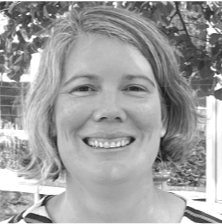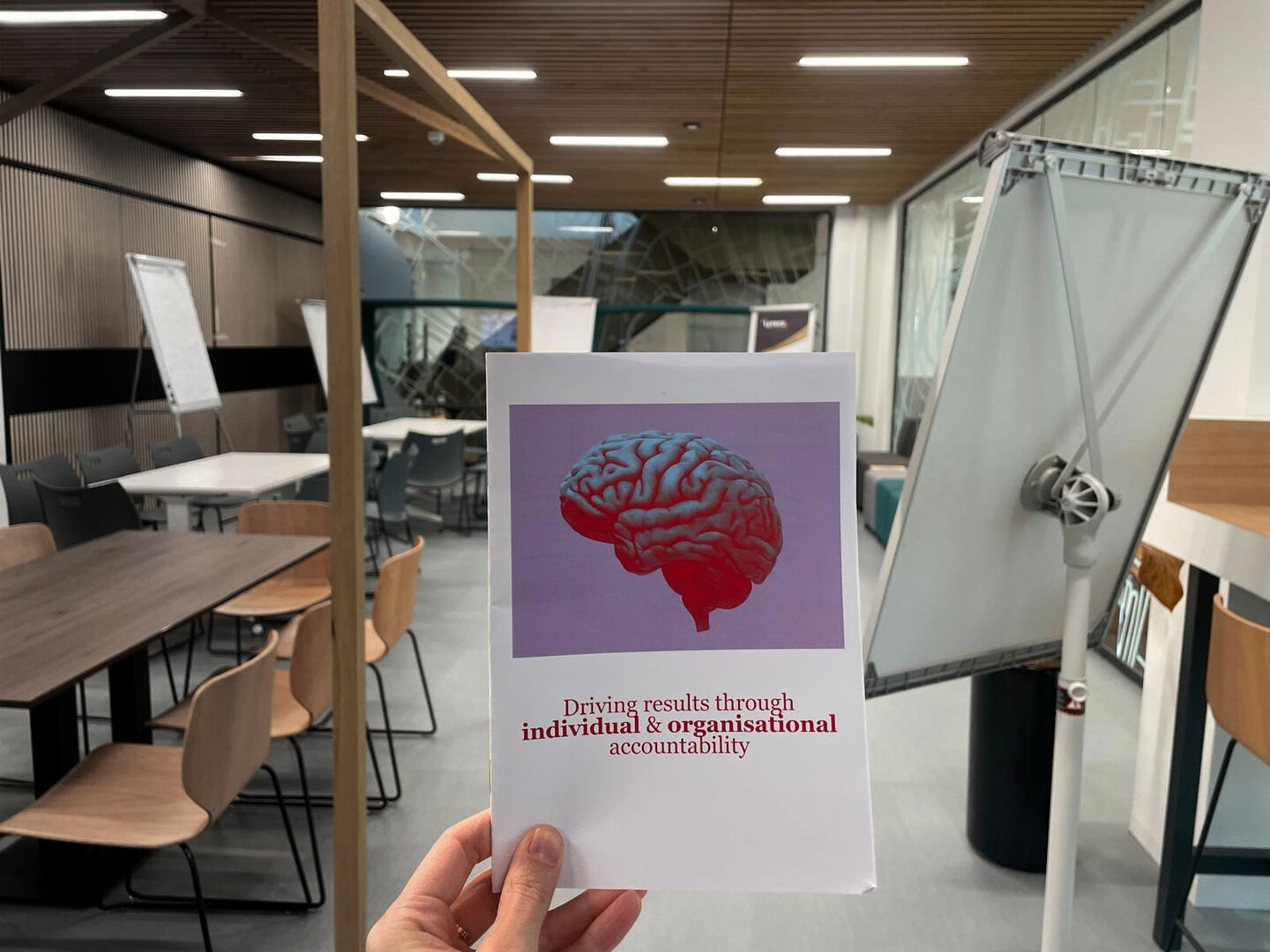
Training for QC Leiden People Leaders
Driving Results through Individual & Organizational Accountability
Recently, all the QC Leiden People Leaders participated in an intensive and insightful training program titled ‘Driving Results through Individual & Organizational Accountability’, which is currently offered at the site.
This training not only provided valuable insights but also served as an excellent opportunity to reflect on how we can improve our performance in 2025. Through a combination of breakout sessions, self-reflection, and interactive exercises, we laid the foundation for a powerful new way of thinking and acting, both at individual and organizational levels.

One of the key takeaways for me was the practical approach to accountability, which can be summarized in four steps: See it, Own it, Solve it, Do it. First, you must see the problem or challenge, requiring awareness and the ability to recognize when things are not going as they should. The second step is to take ownership of the situation, meaning you take responsibility for both the problem and the solution. The third step is to solve it by proactively collaborating and coming up with ideas and actions. Finally, it is essential to execute the solution, maintaining the necessary commitment to put the solution into practice.
“See it, Own it, Solve it, Do it”
Help each other
Additionally, the OZ Principle was discussed. This principle showed us the difference between above the line and below the line behavior. Above the line means taking responsibility, thinking solutions-oriented, and taking positive actions. Below the line, on the other hand, means ignoring responsibility, shifting blame, and holding onto excuses. These practical examples helped us not only understand accountability but also reflect on the behaviour of ourselves and others.
The final part of the training focused on how within QC Leiden we can help each other, and our teams, demonstrate above the line behavior. The results of our departments are the outcome of the actions we all take. These actions are motivated by the beliefs we hold about what we should do and why we should do something. Our experiences strongly influence these beliefs. A shift in desired results drives the need for a shift in culture, which requires us to create new experiences for people within the QC organization. Several tools to create new experiences were shared and put into practice.
Networking aspect
What also made the training valuable was the networking aspect. The opportunity to connect with other people leaders from various QC departments not only strengthened our bonds but provided new insights and motivation. It's clear that everyone is determined to take the necessary steps to meet the high bar set for 2025 collectively.
“Proud to be QC!”
Overall, the training was a success, providing concrete insights and tools that we can immediately apply in our daily work. Promoting accountability will not only lead to better results it will also foster a culture of ownership and proactive action within QC Leiden. I look forward to implementing this new approach and achieving our goals together. Proud to be QC!
Once again thank you Diana Harris and Lena Nasiakou for offering this opportunity to learn and grow, both individually and as a QC department.

Noor Vroege-Tielen
Sr. Manager AVA & Mycoplasma at QC



